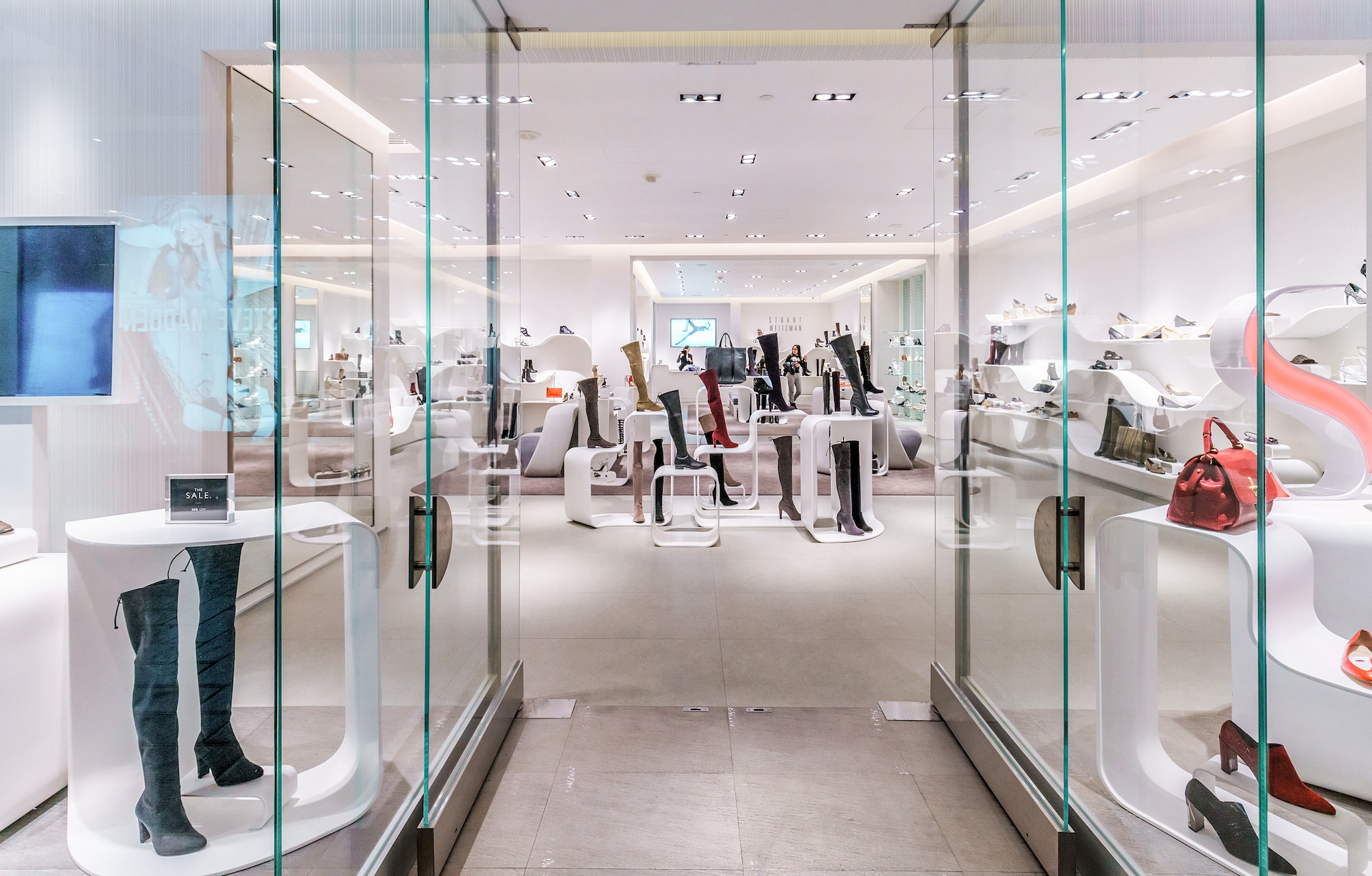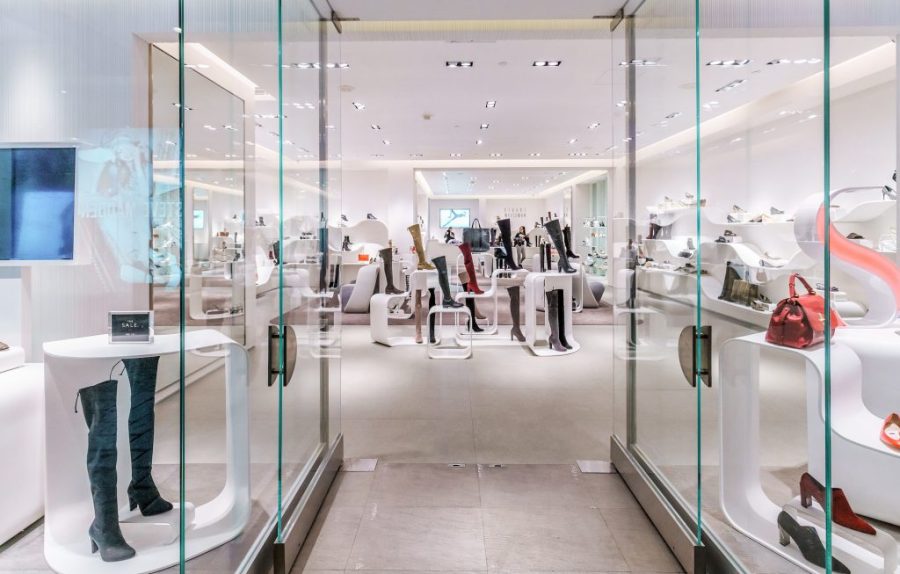Mainland China’s designer brands market has developed significantly over the past two decades and this is giving greater competition to Macao’s luxury retail sector, which is heavily dependent on mainland Chinese shoppers.
That’s the assessment of James Law, vice president of Macau Marketing Institute, who made a presentation on the topic on Wednesday at a breakfast gathering organised by the France Macau Chamber of Commerce (FMCC).
However, “If Macao can keep improving its service standards and introduce more popular and exciting brands, like the niche perfume and fashion jewellery brands,” then it can remain competitive and continue to benefit from growth in the mainland’s luxury sector, Law added.

In his introductory remarks, FMCC chairman Rutger Verschuren said: “If you look at the last 20 years, mainland China’s [luxury industry] has been growing. The middle class has grown a lot and the luxury products in mainland China have taken off like you cannot believe.”
[See more: Macao is mainland China’s preferred travel destination, new data claims]
For Macao to benefit from this surge, it must differentiate itself through smarter marketing, Law explained. Mainland shoppers “no longer just rely on big and bold logos, they prefer the nuances more, such as the fabric, the design and the brand story,” he said.
Better use must also be made of social media. “Brands that are very digitally engaged with the customers can get successful easily,” Law added. This is especially important if retailers are to reach Generation Z shoppers (born between the mid-1990s to early 2010s), whom Law described as an “emerging powerhouse” and “digital savvy.”
Emphasis must also be placed on better service. “If the service quality is perceived by customers as good then they will come more frequently,” Law told Wednesday’s gathering.






